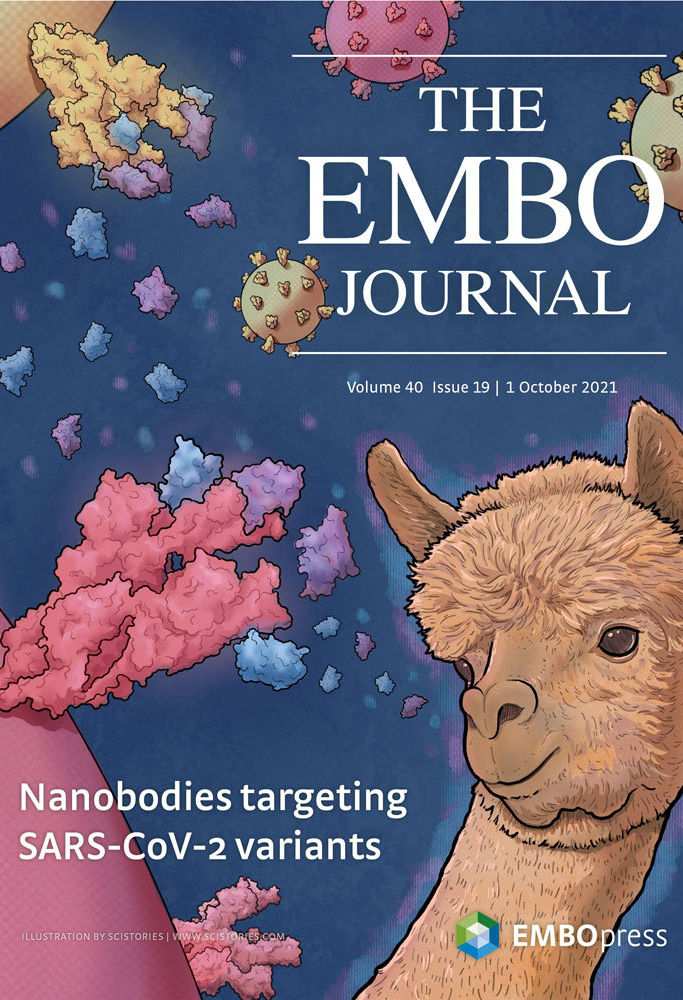EMBO J. 2021 Oct 1;40(19):e108041. doi: 10.15252/embj.2021108041. Epub 2021 Aug 25.
Fabio Da Silva 1, Kaiqing Zhang 1, Anneline Pinson 2, Edoardo Fatti 1, Michaela Wilsch-Bräuninger 2, Jessica Herbst 1, Valerie Vidal 3, Andreas Schedl 3, Wieland B Huttner 2, Christof Niehrs 1 4
Affiliations
1 Division of Molecular Embryology, DKFZ, Heidelberg, Germany.
2 Max Planck Institute of Molecular Cell Biology and Genetics, Dresden, Germany.
3 INSERM, CNRS, iBV, Université Côte d’Azur, Nice, France.
4 Institute of Molecular Biology (IMB), Mainz, Germany.
Abstract
The role of WNT/β-catenin signalling in mouse neocortex development remains ambiguous. Most studies demonstrate that WNT/β-catenin regulates progenitor self-renewal but others suggest it can also promote differentiation. Here we explore the role of WNT/STOP signalling, which stabilizes proteins during G2/M by inhibiting glycogen synthase kinase (GSK3)-mediated protein degradation. We show that mice mutant for cyclin Y and cyclin Y-like 1 (Ccny/l1), key regulators of WNT/STOP signalling, display reduced neurogenesis in the developing neocortex. Specifically, basal progenitors, which exhibit delayed cell cycle progression, were drastically decreased. Ccny/l1-deficient apical progenitors show reduced asymmetric division due to an increase in apical-basal astral microtubules. We identify the neurogenic transcription factors Sox4 and Sox11 as direct GSK3 targets that are stabilized by WNT/STOP signalling in basal progenitors during mitosis and that promote neuron generation. Our work reveals that WNT/STOP signalling drives cortical neurogenesis and identifies mitosis as a critical phase for neural progenitor fate.
PMID: 34431536
DOI: 10.15252/embj.2021108041

